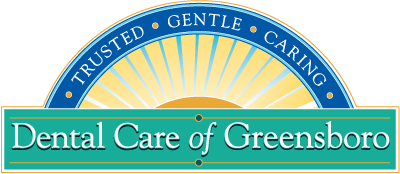Symptoms of Sleep Apnea
Chronic snoring, morning headaches, daytime sleepiness, hypertension, acid reflux, memory problems, irritability, mouth breathing. Symptoms of sleep apnea also include teeth grinding (bruxism), waking up with a dry mouth, difficulty concentrating, difficulty focusing, anxiety, mood swings, and unexplained weight gain.
Sleep Apnea Health Risks
The quality of your sleep can impact your health and wellbeing. Sleep apnea poses a threat to your safety as it increases your risk of workplace or driving accidents due to fatigue and lack of focus. It can be especially problematic for patients with medical conditions, including diabetes, heart disease, high blood pressure, and a previous stroke. Sleep apnea leaves you susceptible to health problems, including heart and liver problems, obesity, metabolic syndrome, chronic acid reflux, complications with medications and surgery, and more. Addressing sleep apnea will help improve your health and your quality of life.
Diagnosing Sleep Apnea
Diagnosing sleep apnea usually involves a complete sleep apnea evaluation called a sleep test. That can be done at home or in-lab sleep disorder center. The sleep study is a multi-component test that transmits and records specific physical activities while you sleep. The data collected helps diagnose the condition and determines its severity.
CPAP vs. Oral Devices
Sleep doctors typically prescribe a Continuous Positive Airway Pressure (CPAP) mask that patients wear at night to prevent breathing stoppages. CPAP therapy involves a machine blowing a steady stream of pressurized air through a CPAP mask into the respiratory system. Between the cumbersome hoses and the noisy machine, some people don’t sleep any better with a CPAP mask than they did without it.
Dental Care of Greensboro can help you find a more effective and comfortable solution, such as a mandibular advancement device , airway expansion, working with orthodontists, and ENT specialists. A mandibular advancement device fits similar to a mouthguard. It keeps the jaw in a forward position to help maintain an open upper airway.
Advantages of Oral Appliance Therapy
Oral appliance therapy is a non-invasive treatment with proven results. Patients often prefer oral appliance therapy because it is comfortable, quiet, and easy to wear. It is also portable, which makes it convenient for travel, and it is easy to care for.
Patients with mild to moderate sleep apnea, especially those who sleep on their backs or stomachs, report improved sleep and a marked reduction of snoring with the help of oral devices. People are much more likely to use their dental appliances regularly than CPAP. Oral appliance therapy has been shown to be a safe and effective treatment option for snoring and obstructive sleep apnea.
Sleep Apnea Solutions in Greensboro
Visit Dental Care of Greensboro to learn more about sleep apnea and how it can affect your quality of life. Our team of skilled and trained dental professionals will work with you to manage and treat your condition. We look forward to helping you restore your restful, rejuvenating sleep. Call us and schedule your appointment today!
